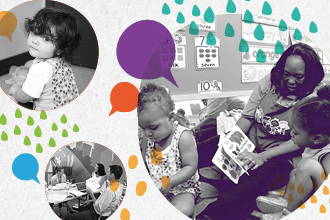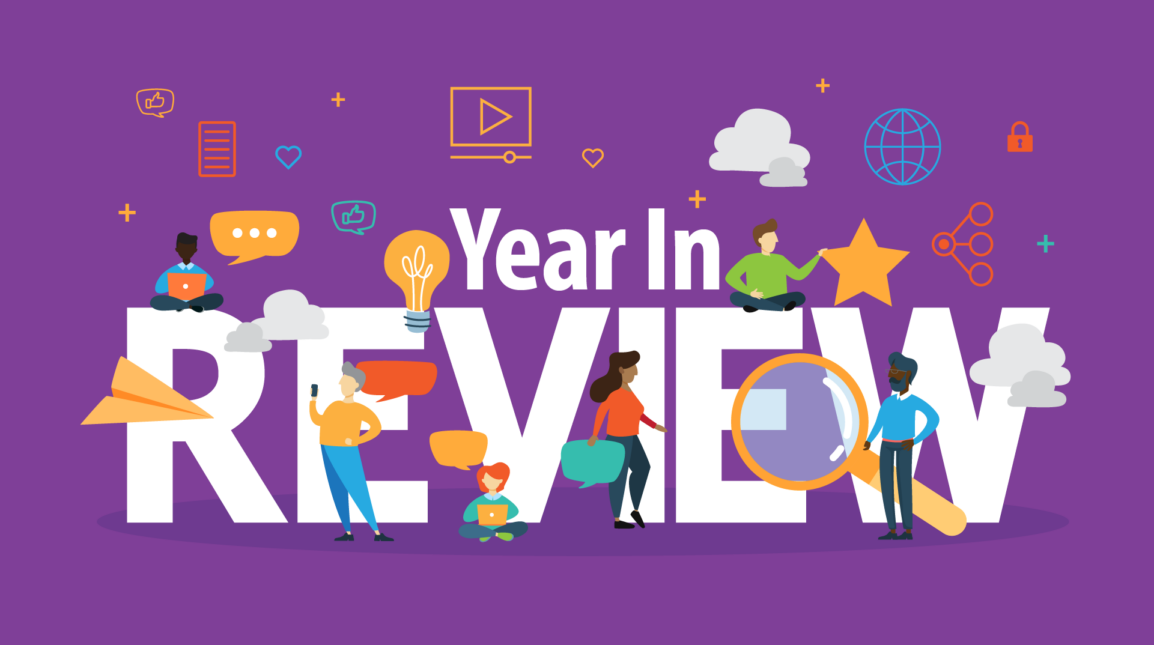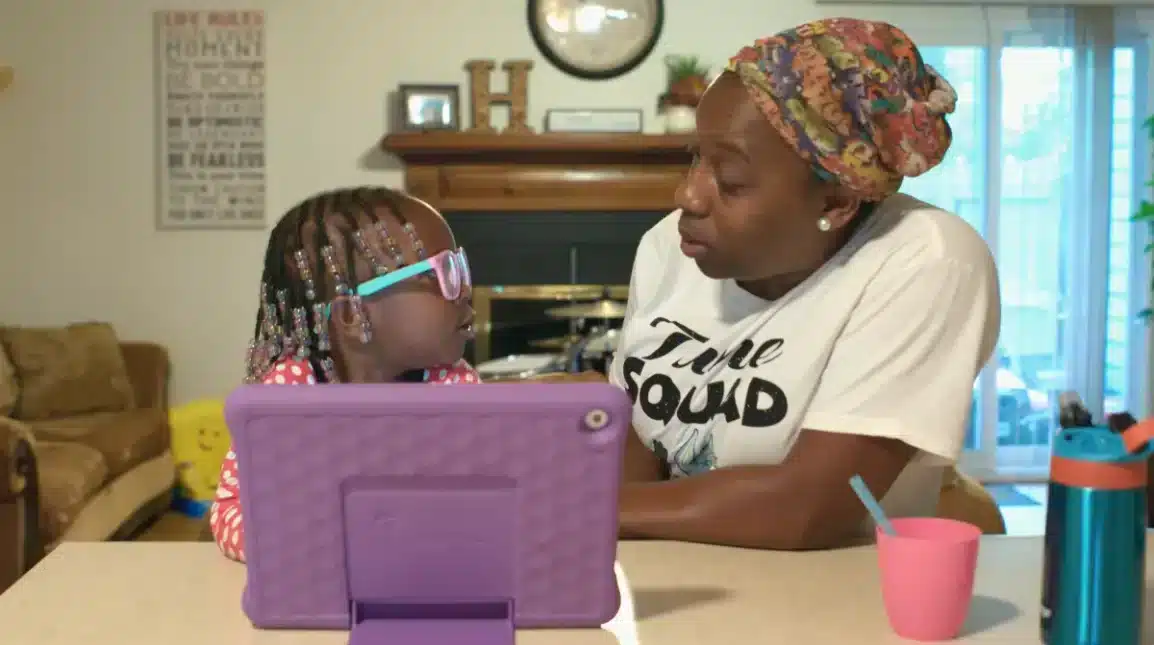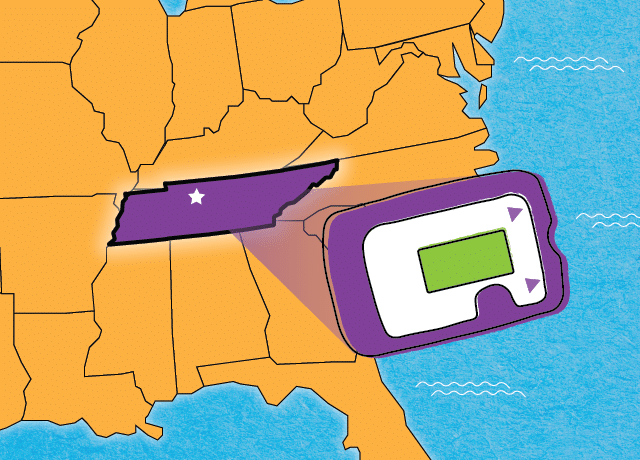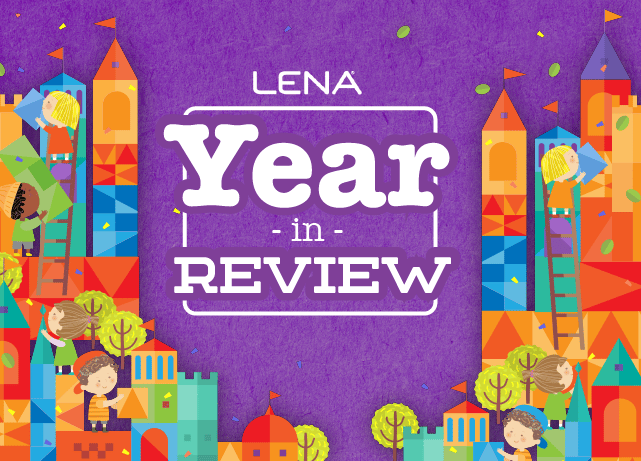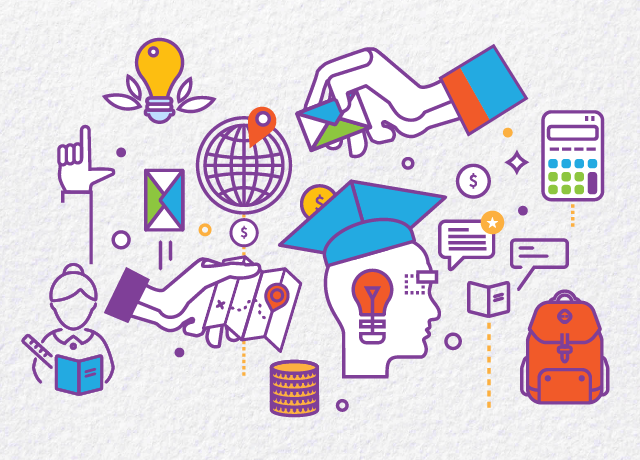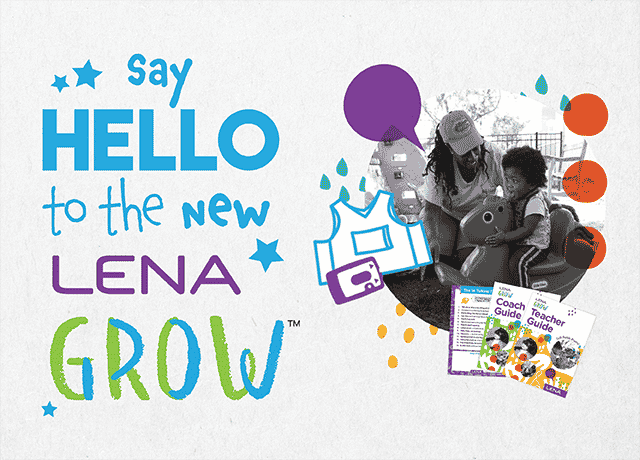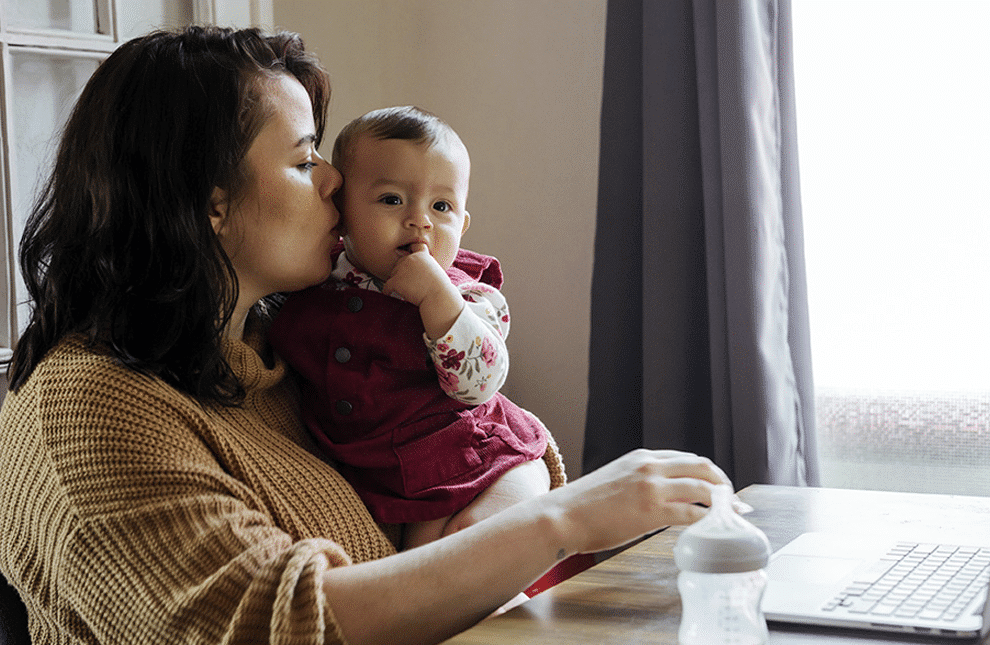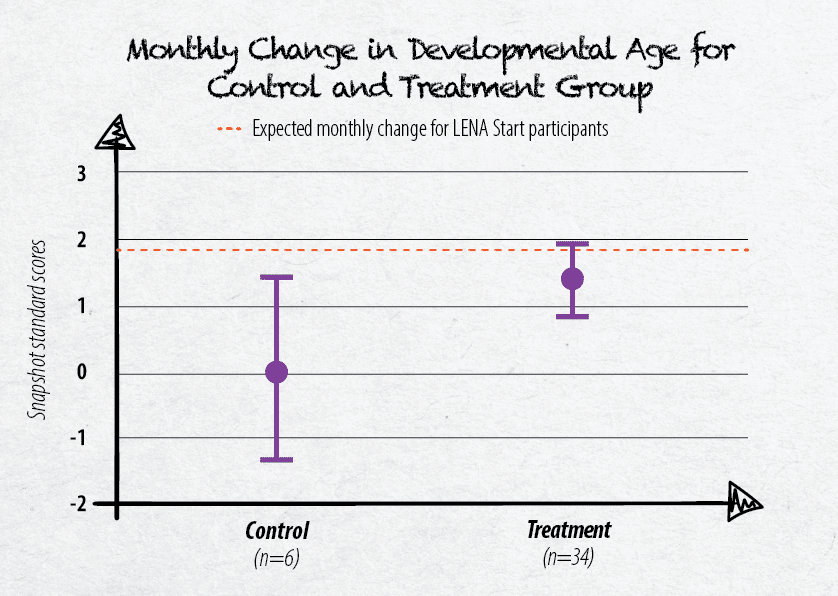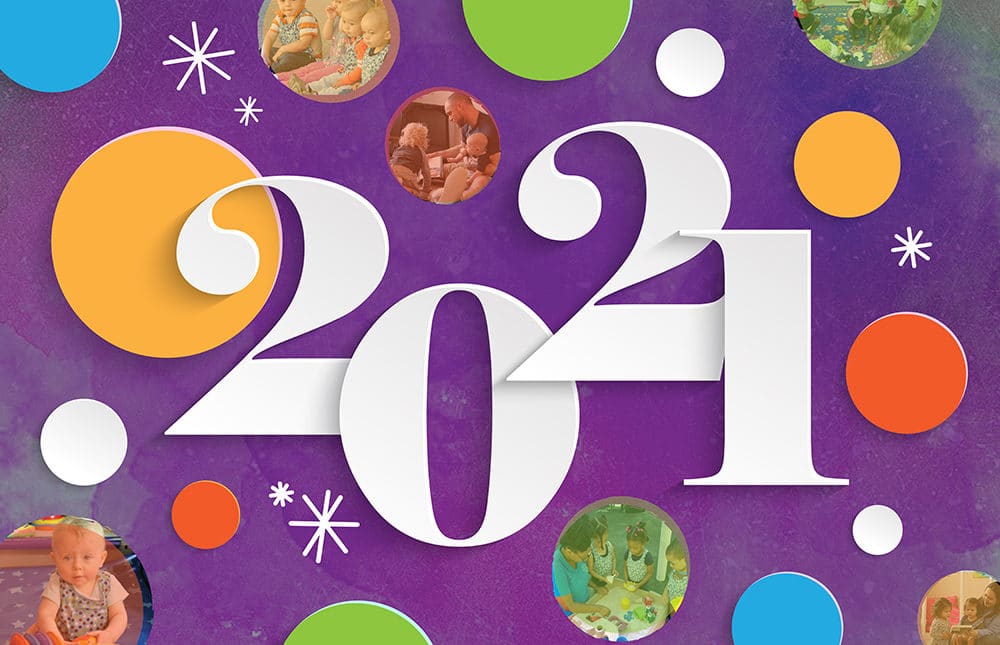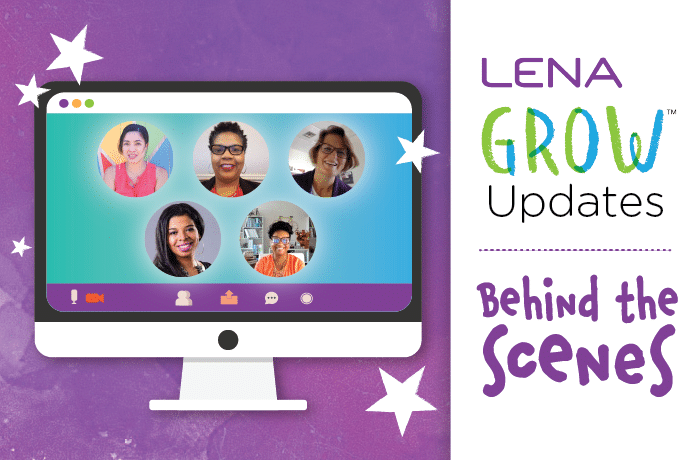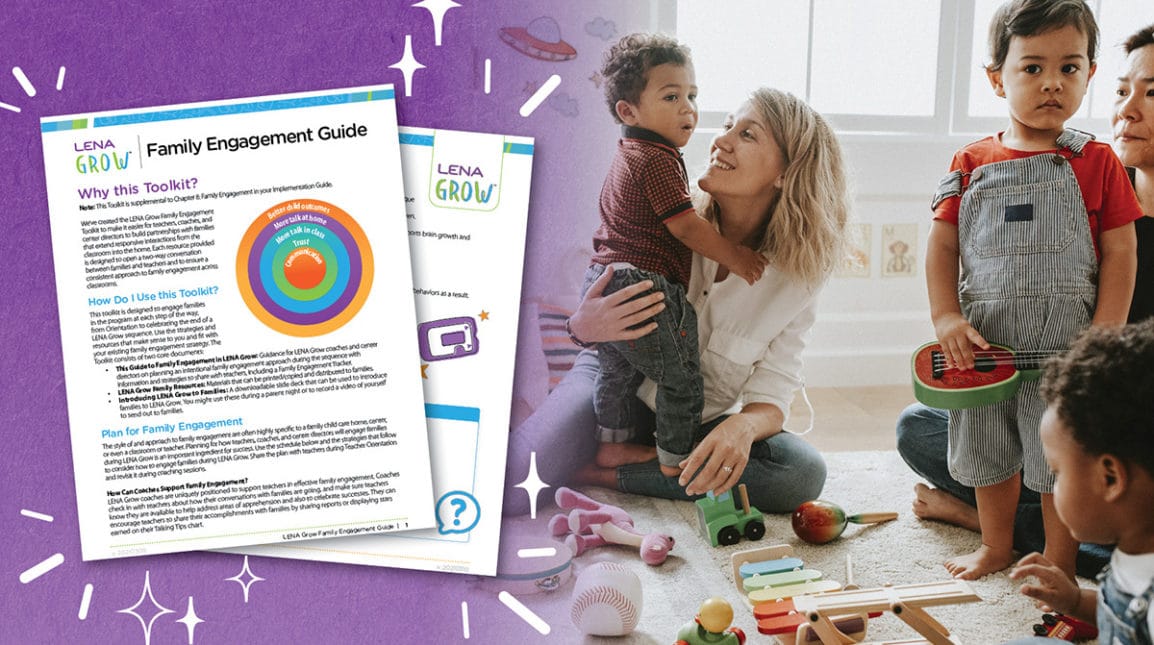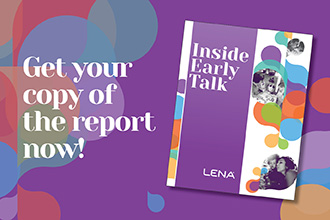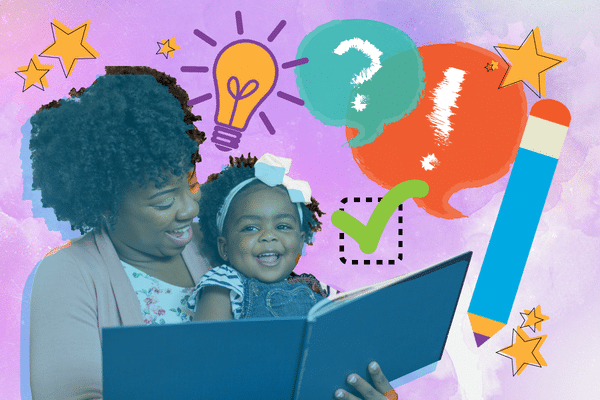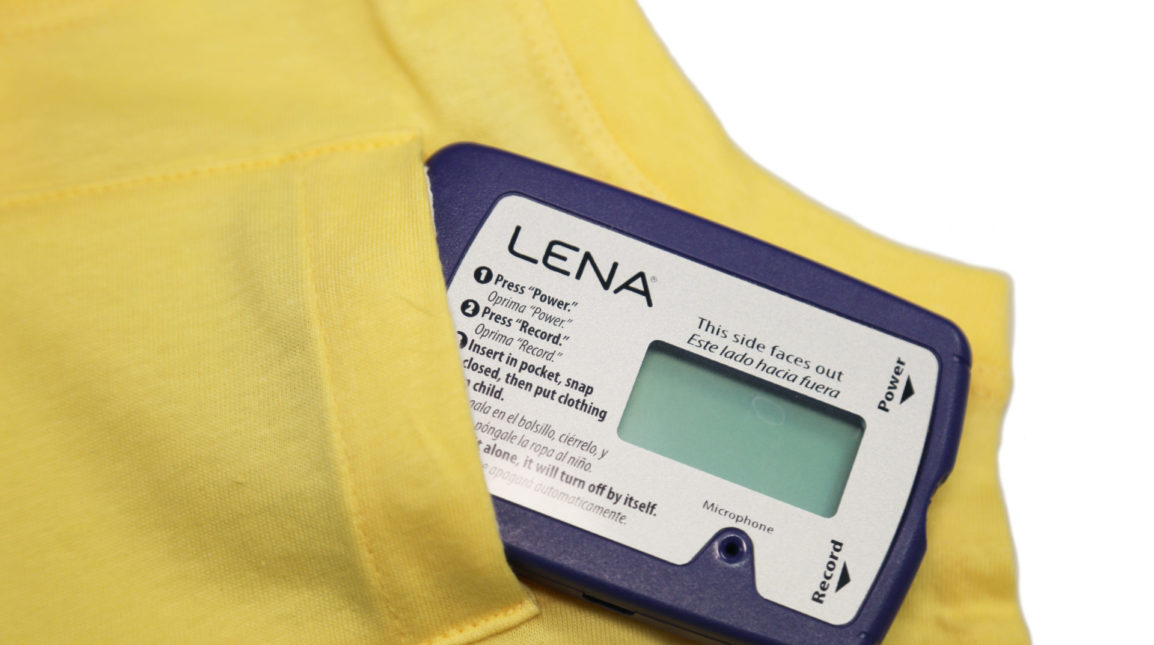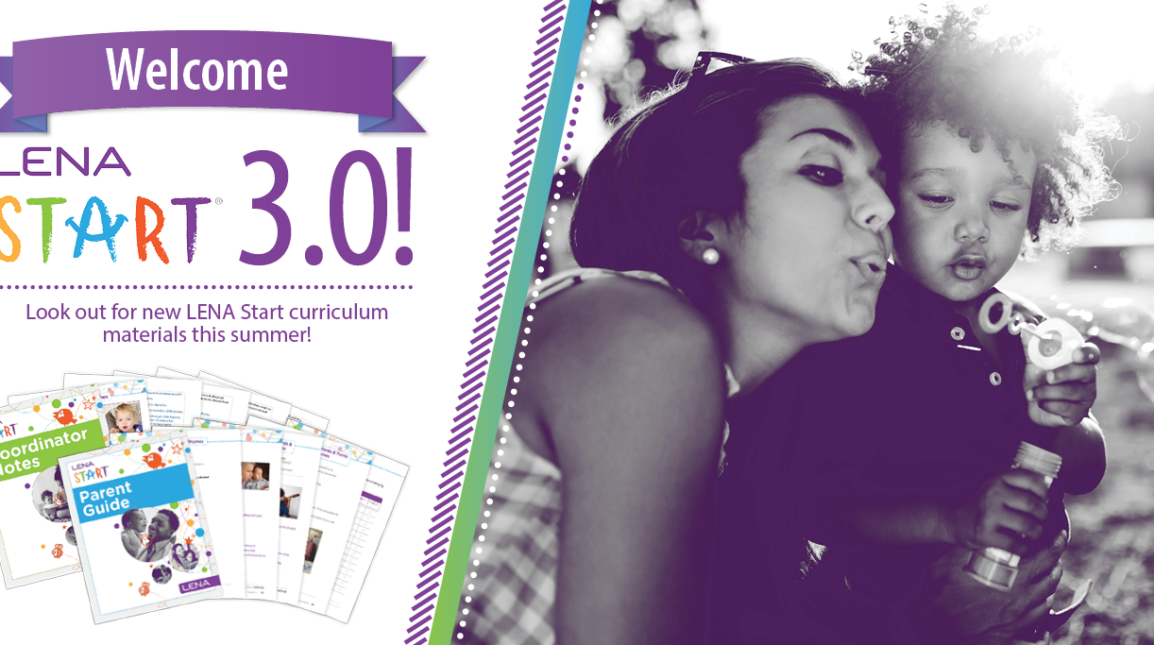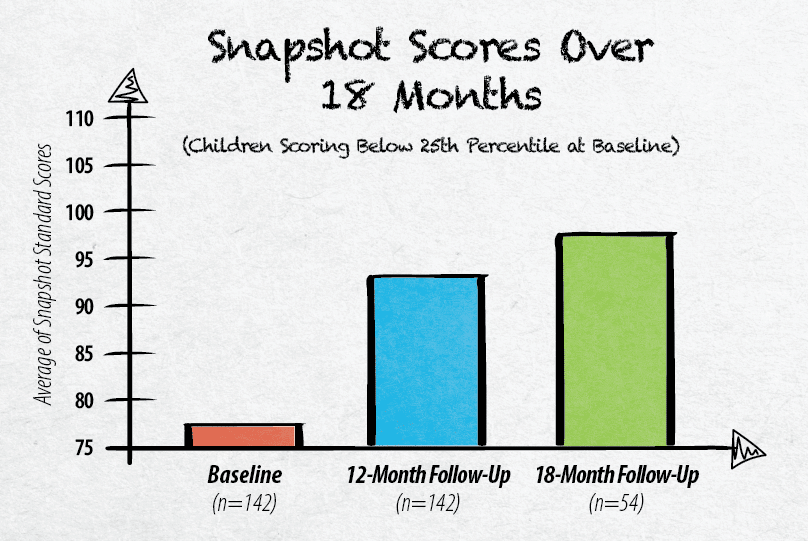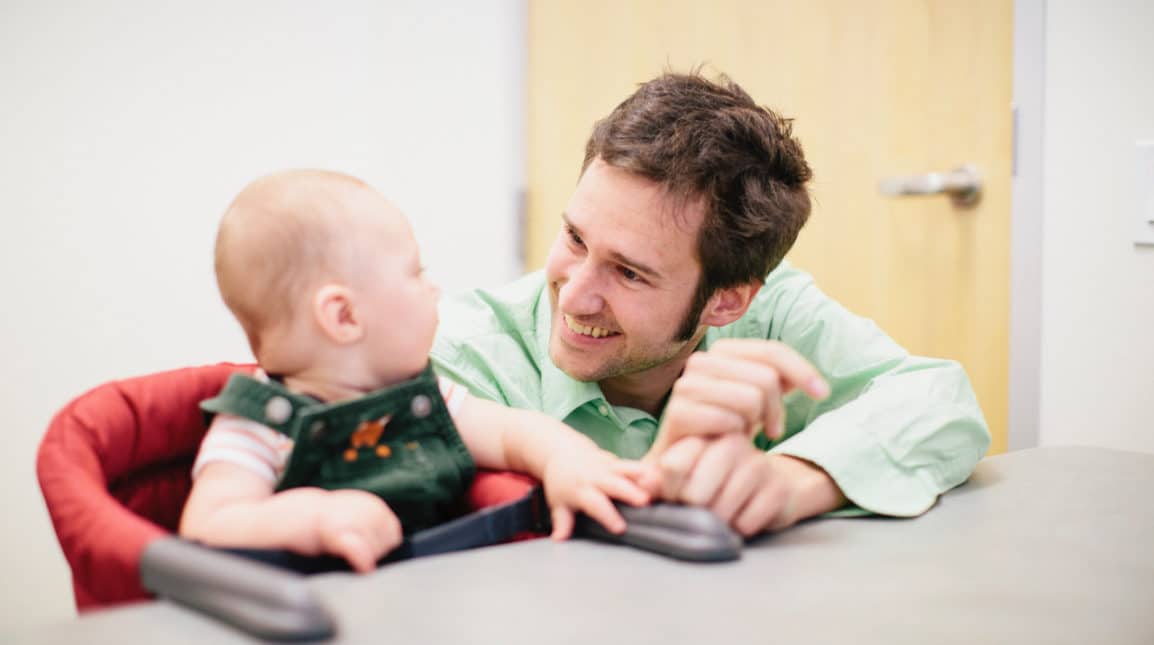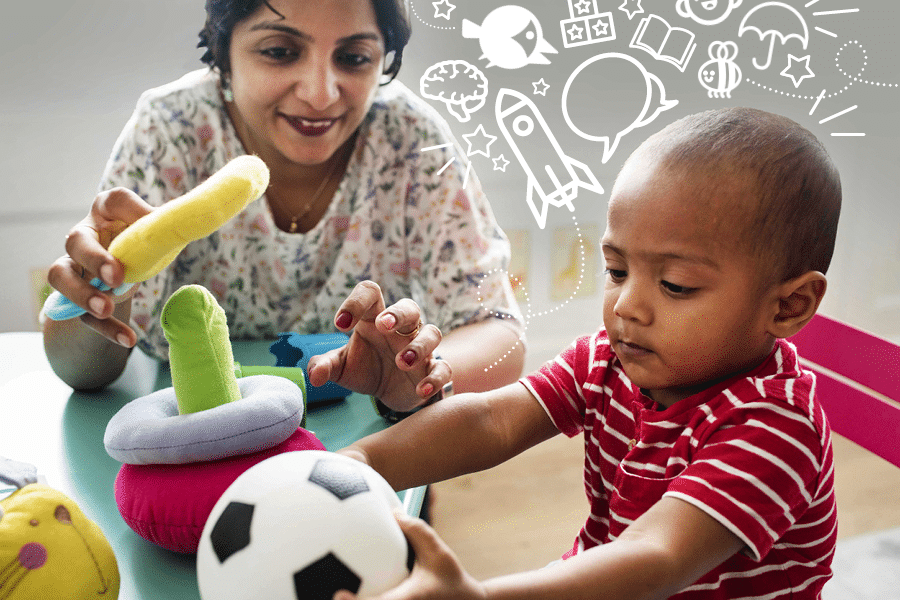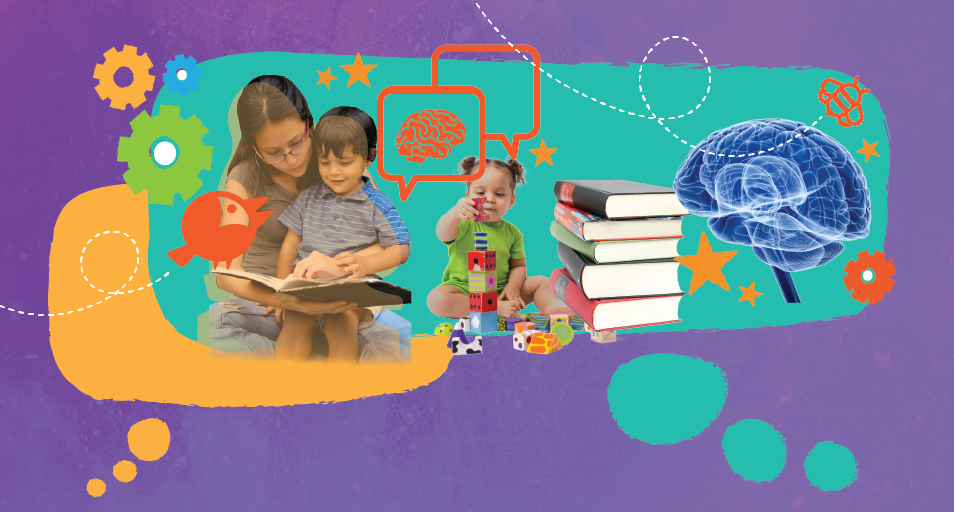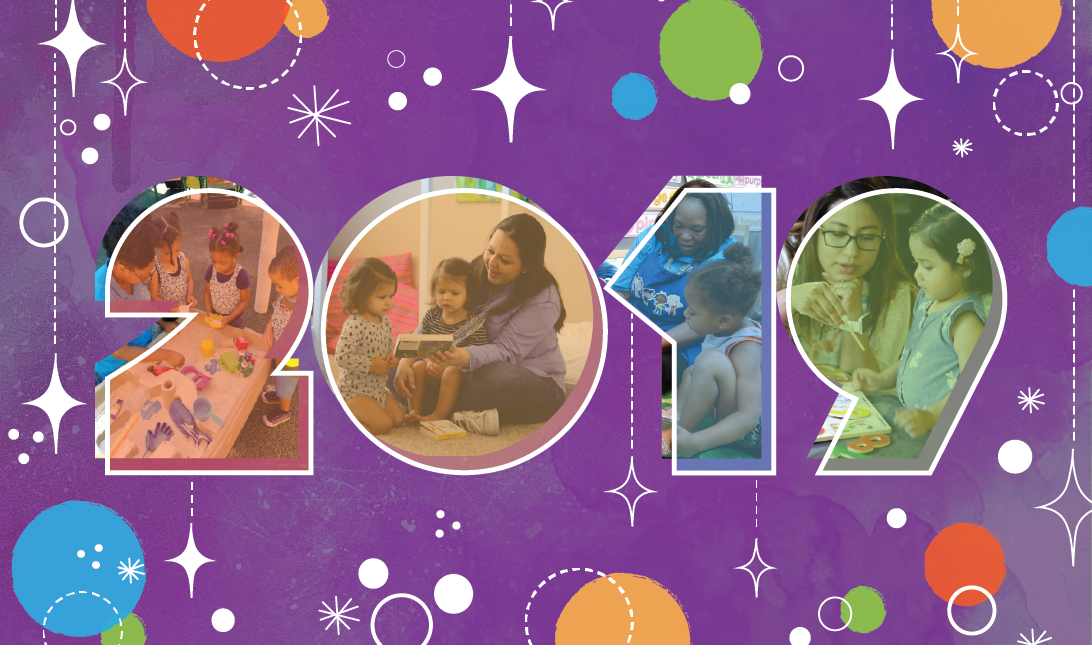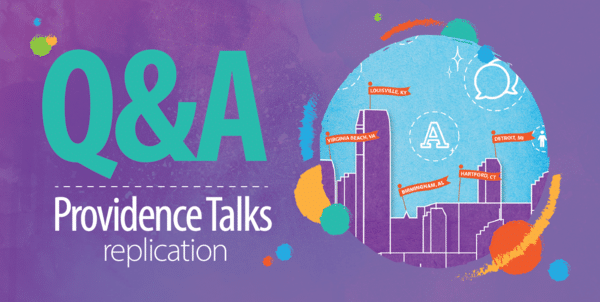Hear the individual stories of how LENA Grow has made a difference at every level of the early childhood education system, and learn about the big picture of LENA’s vision for LENA Grow as it reaches more and more communities.
Webinars (2)
Inside Early Talk: Our point of greatest leverage for improving children’s futures
We find ourselves in the unprecedented position to understand the early language environments of very young children and answer questions we’ve been hearing from the early childhood education field for years.
Blog Posts (24)
Amplifying conversations, transforming early childhood
In 2023, we were thrilled to announce a generous $5 million gift from philanthropist MacKenzie Scott. Here’s what that means for LENA’s future, and for our continued role in reshaping early childhood education.
LENA’s role in “The Right to Read” documentary: A focus on preliteracy skills
A documentary film from director Jenny Mackenzie and executive producer LeVar Burton features two LENA Start coordinators and their families.
Lakeshore® partnership offers materials to help early educators increase quality interactions in the classroom
Developed in partnership with Lakeshore®, four kits are available to provide age-appropriate materials that align with the topics teachers explore during LENA Grow’s five-week coaching sequences and beyond.
LENA Grow goes statewide in Tennessee
“The TN CCR&R sees the LENA Grow program as an important piece of the puzzle in proper language and socio-emotional development for children in Tennessee,” said Heather Hicks, Director of the TN CCR&R.
Changing the conversation: How we’re thinking about building impact in early childhood
By year’s end, LENA technology will have measured 20 million conversational turns on 90,000 LENA Days. But that’s only part of the story, and it’s where we go from there that we’re focusing on now.
Improving early childhood through locally focused philanthropic partnerships
When it comes to accelerating the growth of LENA programs, place-based philanthropic support is critical.
Announcing new enhancements to LENA Grow: Easy, inclusive, equitable
LENA Grow is designed to make every interaction count in early childhood education. The new enhancements make it easy, inclusive, and equitable.
COVID-era infants vocalize less and experience fewer conversational turns, says LENA research team
COVID-era babies may be at greater risk of experiencing language delays.
Preliminary findings suggest LENA Grow accelerates language development
Children participating in LENA Grow gained nearly 1.5 months’ worth of language skill acquisition in just one month’s time, achieving developmental milestones at an accelerated rate.
Reflections on 2021: Data that motivate, stories that inspire
Last year around this time, we wrote that “2020 wasn’t the year we planned for.” Has 2021 been any different? Has it been any more normal? Well, yes and no.
LENA Grow updates are coming…So who’s behind the curtain?!
These 12 LENA Grow advisors are helping to implement big improvements to the program.
Engaging families in LENA Grow
Family engagement is one of the most important parts of any child care professional’s job. We’ve created a Family Engagement Toolkit to help our LENA Grow partners.
Inside Early Talk: Our point of greatest leverage for improving children’s futures
LENA has collected and analyzed its most expansive data set to date through the 10,000 children annually impacted by our programs for families and early childhood teachers.
New data reveals virtual LENA Start classes offer same benefits to families as in-person classes
The virtual participants showed similar gains to pre-pandemic, in-person groups, with lower-talk families increasing conversational turns with their children by 12 percentile points and adult words by 35 percentile points.
Year in review: Looking back at progress in the midst of a pandemic
2020 wasn’t the year we planned for. Yet, we’ve adapted, and the pivots have had impressive outcomes.
Results from parent survey confirm LENA Start is building stronger families
We analyzed data from 1,700 program participants and found that families report spending more time with children, talking more, and feeling more confident in their parenting abilities.
New meta-analysis confirms that LENA’s automated measures significantly predict child language outcomes
Researchers found a correlation between three of LENA’s measures – adult word count, conversational turns, and child vocalizations — and children’s language and cognitive skills.
What’s new in LENA Start 3.0
We’re excited to share that we’ve released a new version of our group program for parents and families.
Children show elevated language skills one year after LENA Start
Children whose families participated in LENA Start are showing elevated language skills one year after the program, an analysis of longitudinal data shows.
LENA researchers’ work featured in new Netflix series
Research by Dr. Eric Walle and Dr. Anne Warlaumont on the relationship between child language development and movement is featured in a new Netflix documentary, Babies.
Study finds that families who participate in LENA Start increased adult words, conversational turns, and child vocalizations
Families who participated in LENA Start provided increasingly rich home language environments for their children, expanding how much they talked to and with them over the duration of the three-month class, compared to families who did not attend, a new study has found.
Understanding how to support early brain development: Four themes that emerged in 2019
This year, we explored many different aspects of early brain development through special webinars, blog posts, and conversations with experts. Here, we’ve highlighted four themes that emerged during 2019.
Making a difference: We reached our goal to impact 10,000 children in 2019!
Because of our work, more than 10,000 children experienced 14 million brain-building conversational turns this year.
Providence Talks replication: Your questions answered!
We’re answering questions submitted during last week’s webinar about early childhood innovation at the municipal level.
- Page 1 of 2
- 1
- 2
Articles (1)
Overdeck Family Foundation awards LENA $4,605,000 in general operating support
A three-year grant of $4,605,000 in general operating support to LENA to further their work at using coaching to improve the key outcome of early language development.



